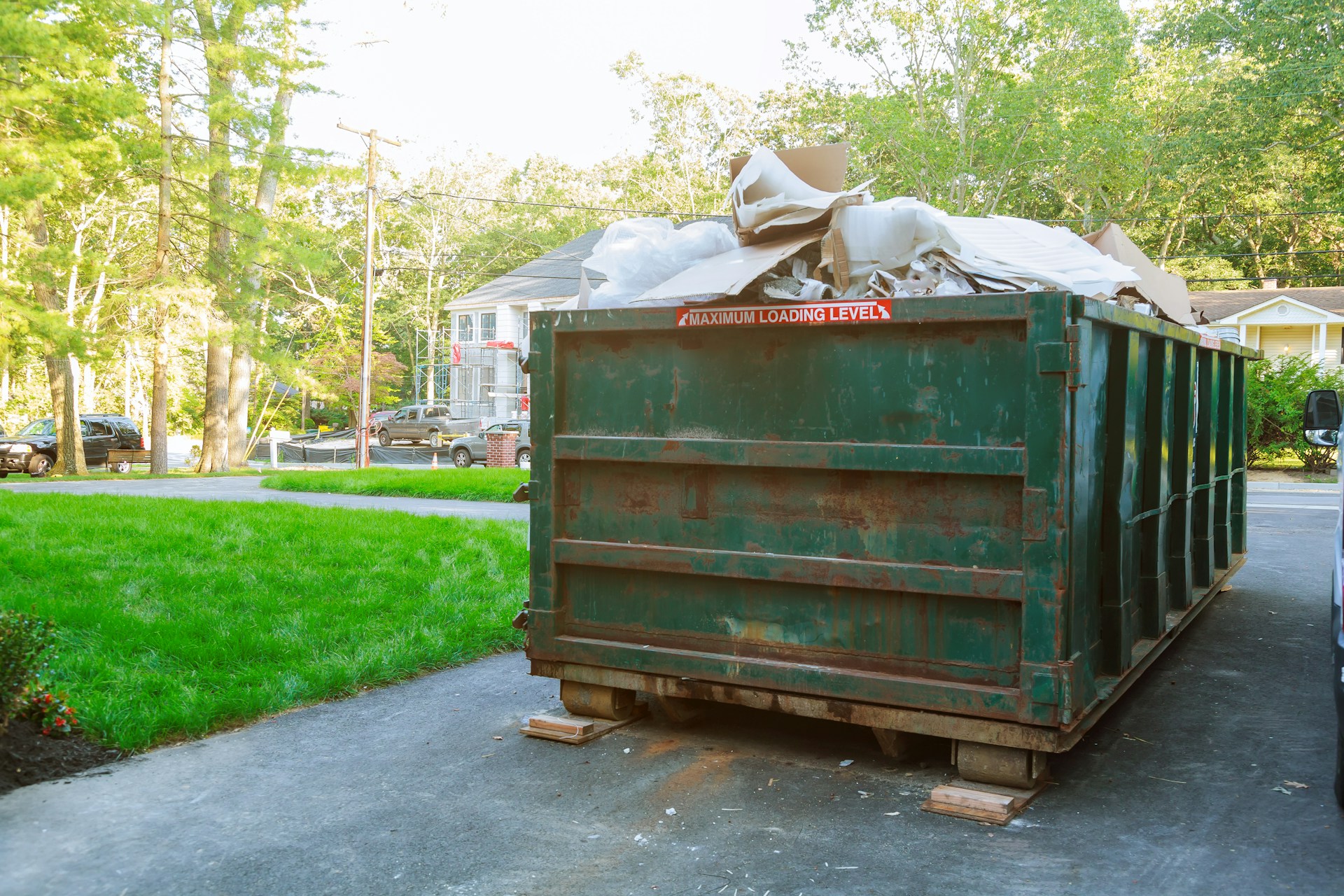Renting a dumpster might seem straightforward, but there’s more to it than you might think. Whether you’re tackling a big home project, cleaning out a space, or managing debris from construction, understanding the basics can save you time, money, and stress.
Contents
- 1 1. What’s the Purpose of Your Dumpster?
- 2 2. Dumpster Sizes Aren’t One-Size-Fits-All
- 3 3. What Can You Toss In (and What’s Off-Limits)?
- 4 4. Permits Might Be Necessary
- 5 5. How Long Do You Need It?
- 6 6. Watch Out for Overfilling
- 7 7. Delivery and Pickup Logistics
- 8 8. Understand the Costs
- 9 Making Your Rental Smooth and Stress-Free
1. What’s the Purpose of Your Dumpster?
Start by figuring out why you need a dumpster from Waste Removal USA in the first place. Are you clearing out your attic, handling yard waste, or managing construction debris? Different projects often call for different dumpster sizes and types.
For instance, heavy materials like concrete or bricks require a sturdy, smaller container, while lighter items like household clutter can go in a larger one. Knowing your purpose ensures you don’t end up paying for a container that’s too big—or struggling with one that’s too small.
2. Dumpster Sizes Aren’t One-Size-Fits-All
Dumpster sizes can feel like a guessing game if you’re new to it. The good news? Most companies offer a range of sizes, measured in cubic yards. A 10-yard dumpster is perfect for small cleanouts or remodeling a single room.
A 20-yard works well for larger projects like decluttering your whole home. Bigger jobs, like major renovations or construction, may need 30- or 40-yard dumpsters. Always describe your project when speaking to the rental company—they can guide you to the right size.
3. What Can You Toss In (and What’s Off-Limits)?
It’s tempting to think you can throw anything into a dumpster, but there are rules. Most allow general waste like furniture, appliances, and household junk. However, hazardous items like paint, batteries, or chemicals are typically prohibited. Some dumpsters also restrict electronics or tires. Not sure if your item’s allowed? Always double-check with the company. Tossing the wrong thing could result in extra charges or even legal trouble.
4. Permits Might Be Necessary
Planning to put the dumpster on your driveway? No problem. But if it needs to sit on public property, like a street, you might need a permit from your local municipality. Rules vary depending on where you live, so it’s a good idea to call your city or town office ahead of time. Many dumpster companies can help guide you through the process, but ultimately, it’s your responsibility to get everything squared away.
5. How Long Do You Need It?
Dumpsters are usually rented for a specific time frame, like a week or two. Before booking, take a realistic look at your timeline. If you think the job might stretch out longer, discuss extension options with the rental company. It’s often cheaper to add a few extra days upfront than to pay late fees after the fact. On the flip side, returning the dumpster early might earn you a discount with some companies—so don’t be afraid to ask.
6. Watch Out for Overfilling
It’s easy to underestimate how much space your waste will take up. But overfilling a dumpster isn’t just a hassle; it’s also a safety issue. Most companies have “fill lines” marked on the sides of the container. If your waste goes above that line, they may refuse pickup or charge additional fees. Plan accordingly and, if you’re unsure, consider upgrading to a larger size. It’s better to have extra room than to risk fines.
7. Delivery and Pickup Logistics
Before the dumpster arrives, think about its placement. Do you have a clear, flat spot for it? Will it block your garage or disrupt traffic in your neighborhood? On delivery day, make sure the area is accessible and free of obstacles like cars or garden tools. When the dumpster is ready to be picked up, ensure nothing is blocking the path. A little prep work goes a long way in avoiding unnecessary delays or headaches.
8. Understand the Costs
Dumpster rental costs can vary widely based on size, location, rental period, and what you’re tossing. Some companies offer flat rates, while others charge based on weight or the type of materials. Always ask for a detailed quote before committing.
Pay attention to possible extra fees—things like exceeding weight limits, tossing prohibited items, or extending the rental period. Knowing exactly what you’re paying for helps avoid surprises when the final bill arrives.
Making Your Rental Smooth and Stress-Free
Now that you’ve got a clearer picture of what’s involved in renting a dumpster, you’re already ahead of the game. The key is preparation: knowing what you need, planning your space, and communicating with the rental company.
A little bit of research and effort upfront ensures the entire process is seamless. When done right, renting a dumpster can be one of the easiest parts of your project—leaving you more time and energy to focus on what really matters.





